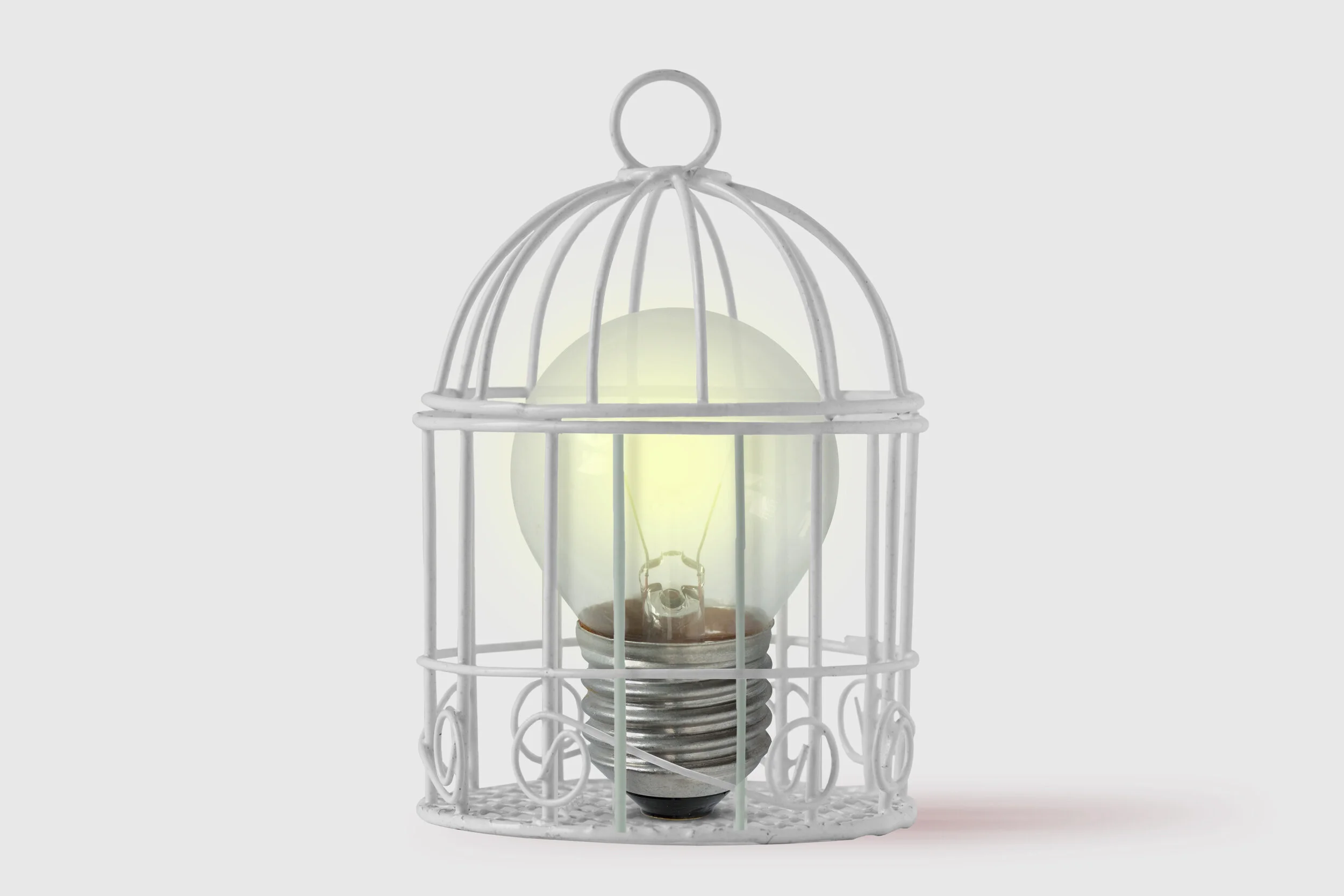On Freedom
Lately I’ve been thinking about freedom - what it is and what it means to have it. In making a seismic career shift, venturing from formal teaching back out into the world of freelancing, I find myself with the great gift of time that I’m free to fill and focus with my own chosen pursuits. The luxury of this position is not lost on me. This freedom is not the result of my efforts alone; the hard work of my parents and my husband have helped to provide the security that permits it. I am incredibly fortunate to have it, and for that reason I feel a responsibility to optimise it - for them, and for others who don’t have that much freedom in their lives.
CalypsoArt / Shutterstock.com
The issue of personal liberty is a hot topic in the world these days. The pandemic curbed everyone’s freedom of movement, and over the past year and a half we have seen vocal groups emerge - in wealthy Western countries in particular - valuing their own individual freedom over the health of the collective. Ironically, their stance threatens everyone’s freedom - and their own - to live free from the virus. This political divide was always there, but COVID has thrown it into sharp relief, turning a dividing line into a gaping chasm.
What does it mean to be truly free? In his genius book, Everything is F*ucked: A Book About Hope (2019), author Mark Manson argues that ‘real freedom’ is predicated upon restriction, and that we have a moral obligation to impose constraints on our own freedom:
The only true form of freedom, the only ethical form of freedom, is through self-limitation. It is not the privilege of choosing everything you want in your life, but rather, choosing what you will give up in your life. […] This is not only real freedom, this is the only freedom. Diversions come and go. Pleasure never lasts. Variety loses its meaning. […] Ultimately, the most meaningful freedom in your life comes from your commitments, the things in life for which you have chosen to sacrifice.
Manson’s view has personal and political implications. He claims that persisting in a state of non-committal and overabundant choice is superficial, and lacks the true rewards of in-depth knowledge, mastery and connection with others. I’ve needed to consider this in striking out on my own as a freelancer. Would it not be more meaningful to stay in formal education? That choice is certainly the right one for many, but my choice to give up the stability and community of teaching is giving me the freedom to discover what broader social contributions I can make with my time and creativity. My decision is a commitment to that discovery, and it will demand all kinds of other self-imposed restrictions, if I’m to make the most of the opportunity.
Freedom understood as infinite choice and total independence is not a desirable state of being. If freedom is not having choices, but making them, this means true freedom has boundaries. It also means that freedom is a privilege that demands responsibility - not to the freedom itself, but to the restrictions that make it possible.
